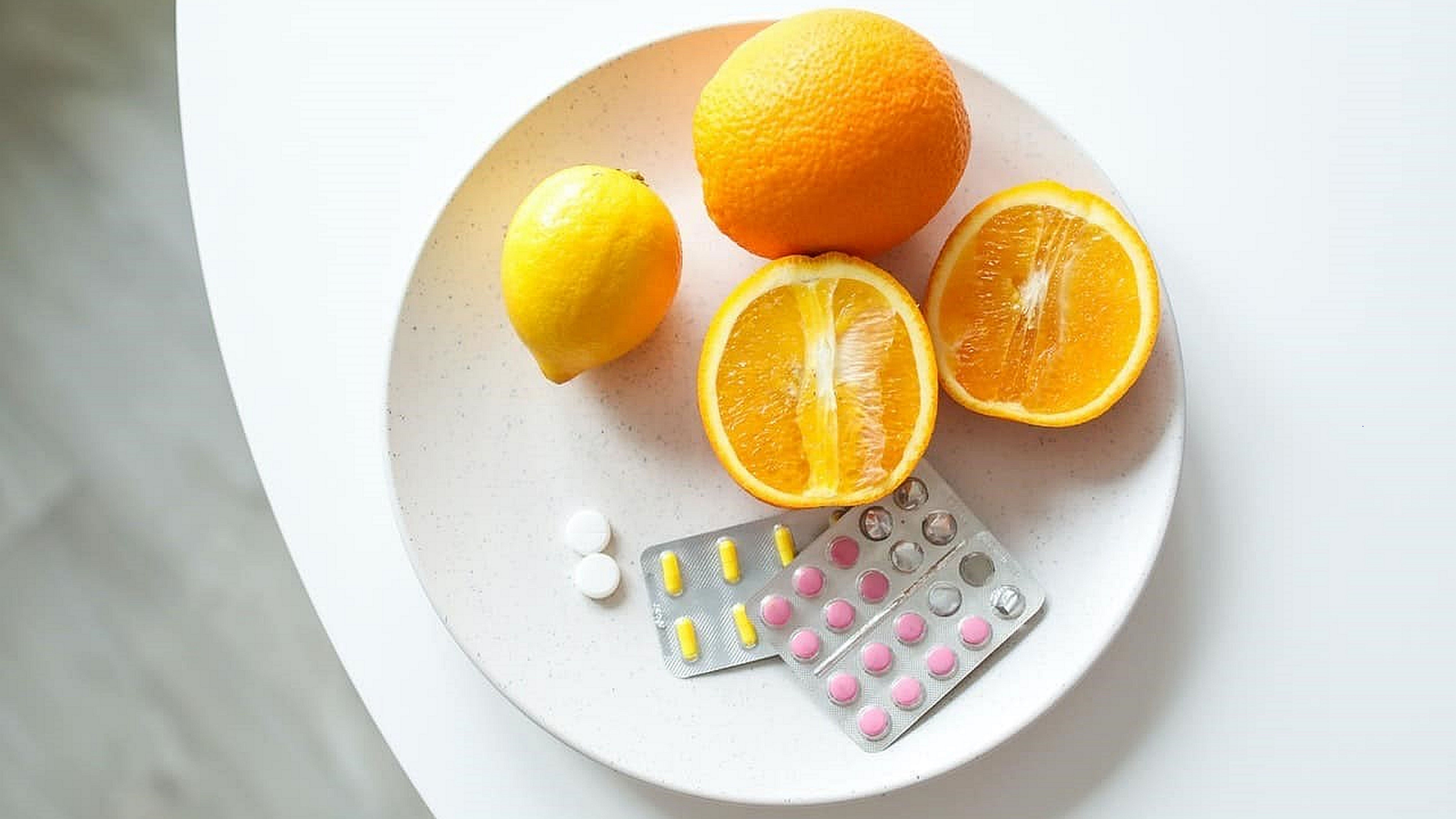COVID-19 News: Can Dietary Supplements Help the Immune System Fight Coronavirus Infection?
07/15/2021

Johns Hopkins Medicine gastroenterologist Gerard Mullin, M.D., and a team of co-authors published an article May 11, 2021, in Advances in Experimental Medicine and Biology that details the scientific rationale and possible benefits — as well as possible drawbacks — of several dietary supplements currently in clinical trials related to COVID-19 treatment.
According to business analysts, the U.S. nutritional supplement industry grew as much as 14.5% in 2020, due in large part to the COVID-19 pandemic.
Mullin, associate professor of medicine at the Johns Hopkins University School of Medicine, and his colleagues shine a light on melatonin, vitamin C, vitamin D, zinc and several plant-based compounds, such as green tea and curcumin. For instance, the authors explain that ascorbic acid — also known as vitamin C — “contributes to immune defense by supporting cell functions of both the innate and adaptive immune systems.”
In the journal article, they discuss the mechanics of how each of the supplements works and how each might benefit a patient fighting COVID-19.
Zinc, they write, has been shown “to inhibit coronavirus RNA replication.” They also note that, when administered at symptom onset, zinc “can reduce the duration of symptoms from illness attributed to more innocuous coronavirus infections, such as the common cold.”
Finally, Mullin and his colleagues provide short explanations of the clinical trials underway to test each supplement’s effectiveness in fighting COVID-19.
For example, Mullin says that, “to date, there are abundant data associating low vitamin D status to higher vulnerability to COVID-19 and poor clinical outcomes.”
The authors caution that “any benefit of dietary supplements against COVID-19 depends on results of randomized controlled trials” and peer-reviewed literature.
Mullin is available for interviews.
